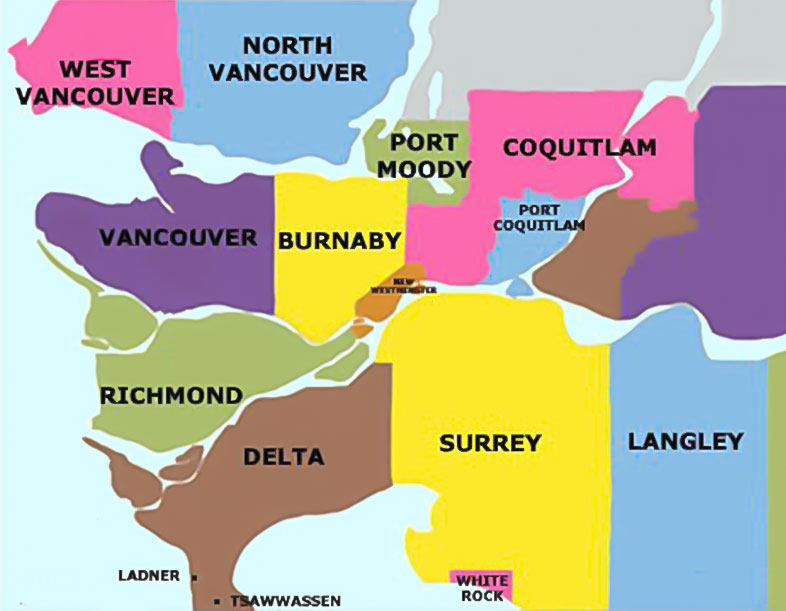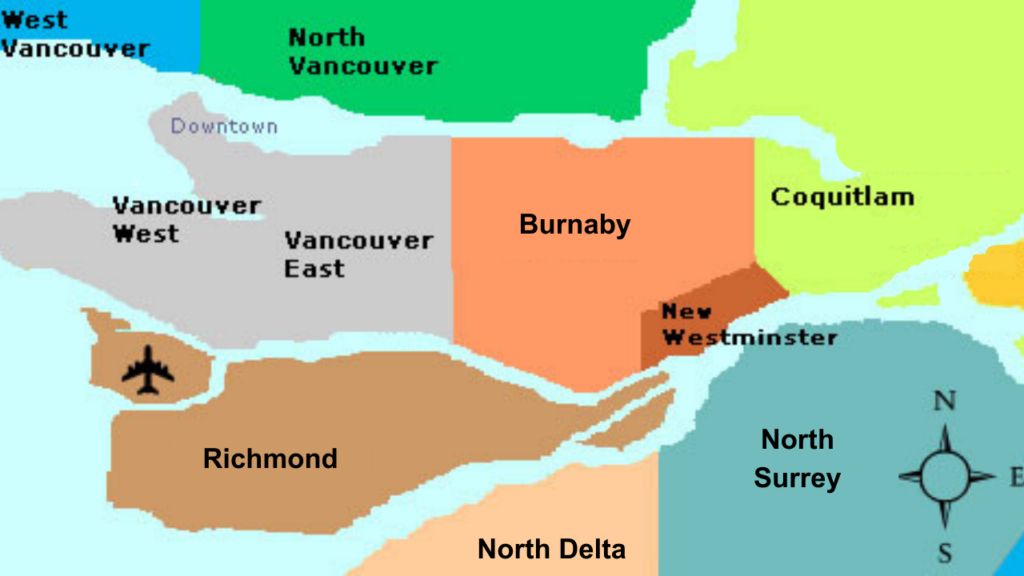Temporomandibular Disorders (TMD) are often a source of considerable discomfort, affecting countless individuals. If you’re grappling with symptoms like jaw pain, restricted jaw movement, or discomfort, you’re not alone. What’s exciting is that a dynamic collaboration is changing the landscape of TMD treatment – the partnership between your dentists and a physiotherapists. In this discussion, we’ll explore how this collaborative approach is transforming TMD treatment.
- Diagnosis and Evaluation – A Holistic Examination
The path to effective TMD treatment commences with a thorough diagnosis and assessment. Dentists and physiotherapists each bring their specialized expertise to the table:
- Dentists, well-versed in dental anatomy and occlusal dynamics (the way your upper and lower teeth fit together), focus on diagnosing dental-related factors contributing to TMD. They conduct comprehensive clinical examinations, delve into your medical history, and utilize advanced imaging techniques such as cone-beam computed tomography (CBCT) to pinpoint dental and skeletal issues related to TMD (1).
- Physiotherapists specialize in assessing the musculoskeletal aspects of TMD. Their expertise lies in evaluating muscle imbalances, joint mobility, and functional challenges concerning your temporomandibular joint (TMJ). They engage in muscle palpation, assess your range of motion, and closely observe your jaw movements during the evaluation (2).This collaboration results in a comprehensive assessment that combines both the dental and musculoskeletal aspects, providing a complete understanding of what’s causing your TMD.
- Treatment Planning – Personalized Roadmap to Recovery
Once the diagnosis is established, your dentist and physiotherapist work in tandem to develop a tailored treatment plan. This plan may encompass a blend of dental interventions, physiotherapy techniques, and lifestyle modifications aimed at addressing the underlying causes of your TMD (3).
- Dentists may recommend orthodontic treatments to rectify dental misalignments or prescribe oral appliances such as splints or mouthguards. These devices assist in repositioning your jaw and mitigating muscle tension.
- Physiotherapists contribute by introducing exercises and techniques to enhance your jaw’s mobility, reduce muscle tension, and address issues like muscle imbalances. They may also employ manual therapy and joint mobilization to ensure the proper functioning of your TMJ.The key takeaway is that this plan is meticulously crafted to cater to your specific needs, effectively managing both the dental and musculoskeletal facets of your TMD.
- Pain Management – Offering Relief
Bid farewell to discomfort and pain. Physiotherapists take the lead in pain management for TMD patients. They employ techniques such as myofascial release, trigger point therapy, and relaxation exercises to alleviate muscle pain and tension (2).Dentists contribute by providing oral appliances to alleviate pain associated with teeth grinding or clenching (bruxism). Additionally, they offer guidance on lifestyle modifications to prevent factors that exacerbate TMD symptoms (1).
- Patient Education – Empowering Informed Choices
Education is empowerment, and both your dentist and physiotherapist are dedicated to ensuring you’re equipped with the knowledge to make informed choices for your recovery (4). They will educate you on oral hygiene, encourage proper jaw habits, and provide guidance on exercises that you can practice independently. This empowers you to improve your jaw’s movement patterns and reduce the risk of TMD recurrence.
- Continuous Communication – Ensuring Synchronized Care
Collaboration is an ongoing process. Dentists and physiotherapists maintain open lines of communication to monitor your progress and make necessary adjustments to your treatment plan. This ensures that your care remains synchronized and effective (5).
In conclusion, the synergy between dentists and physiotherapists constitutes a powerful approach in the realm of TMD treatment. Their combined expertise results in a holistic and effective treatment plan tailored specifically to your needs, addressing both the dental and musculoskeletal aspects of your TMD. This collaboration is more than just about pain relief; it’s about enhancing your overall quality of life. It exemplifies the strength of teamwork in healthcare, ensuring you receive the highest quality care for your TMD. If you’re grappling with TMD, rest assured that there’s a team of professionals ready to support you on your journey to recovery.
Reference:
- Garstka, Adam Andrzej et al. “Accurate Diagnosis and Treatment of Painful Temporomandibular Disorders: A Literature Review Supplemented by Own Clinical Experience.” Pain research & management vol. 2023 1002235. 31 Jan. 2023, doi:10.1155/2023/1002235
- Aggarwal A, Keluskar V. Physiotherapy as an adjuvant therapy for treatment of TMJ disorders. General Dentistry. 2012 Mar-Apr;60(2):e119-22. PMID: 22414516.
- Ilgunas, Aurelia et al. “Patients’ experiences of temporomandibular disorders and related treatment.” BMC oral health vol. 23,1 653. 8 Sep. 2023, doi:10.1186/s12903-023-03230-5
- Garstka, Adam Andrzej et al. “Accurate Diagnosis and Treatment of Painful Temporomandibular Disorders: A Literature Review Supplemented by Own Clinical Experience.” Pain research & management vol. 2023 1002235. 31 Jan. 2023, doi:10.1155/2023/1002235
- de Toledo EG Jr, Silva DP, de Toledo JA, Salgado IO. The Interrelationship between Dentistry and Physiotherapy in the Treatment of Temporomandibular Disorders. J Contemp Dent Pract 2012;13(5):579-583








